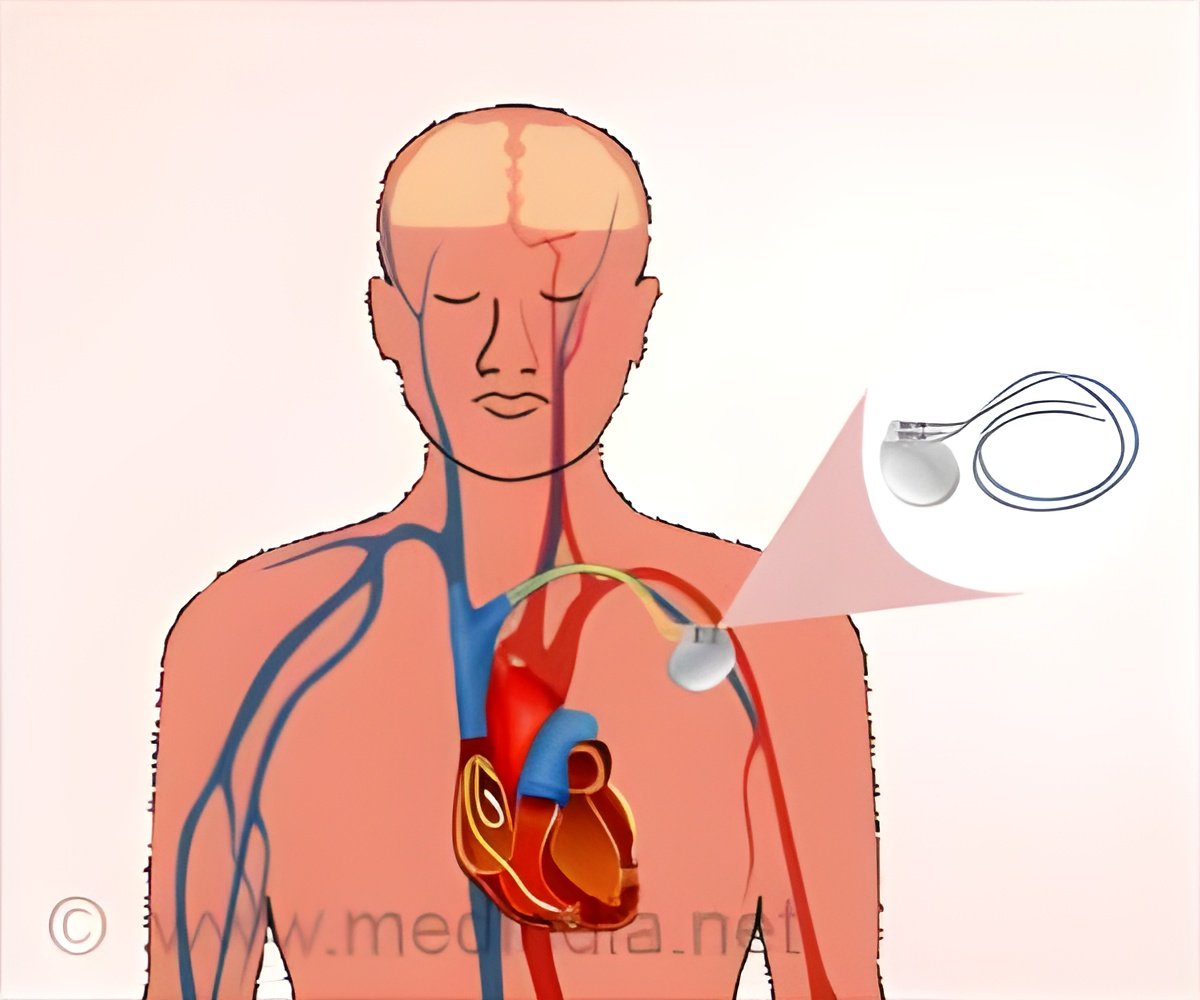Wearable heart monitors detect more cases of atrial fibrillation, but they haven't been proven to reduce stroke risk or hospitalizations.

Wearable Heart Monitor Increases Diagnosis of Irregular Heart Rhythm
Go to source). According to a study headed by the Duke Clinical Research Institute, the results, which were presented on September 1 at the European Society of Cardiology meeting and released in the Journal of the American College of Cardiology, offer contradictory findings regarding the potential reduction in stroke rates associated with atrial fibrillation screening.
‘Oral anticoagulants can effectively manage atrial fibrillation and reduce its associated stroke risk. #stroke #atrialfibillation #heartmonitor #medindia’





Atrial Fibrillation Screening Trials During the COVID-19 Pandemic
The trial was stopped early due to the COVID pandemic before it could enroll enough patients; therefore, there was insufficient data to draw solid conclusions about stroke. “Atrial fibrillation is often undiagnosed and can increase the risk of ischemic stroke, which is largely reversible by oral anticoagulation,” said lead author Renato Lopes, M.D., Ph.D., a professor of medicine and member of the Duke Clinical Research Institute.“We still need definitive evidence that diagnosis of atrial fibrillation through systematic screening can lead to subsequent treatment with oral anticoagulation and therefore, lower stroke risk,” Lopes said.
The study enrolled approximately 12,000 patients in the U.S. who were at least 70 years old with no history of atrial fibrillation. Roughly half the patients were randomly assigned to receive a long-term (14 days) continuous monitoring device, and the other half usual care.
Effectiveness of Wearable Monitors for Atrial Fibrillation Detection
Over a median of 15 months of follow-up, the study reported a 52% increase in the number of cases of atrial fibrillation diagnosed among the device-wearers compared to those in usual care. There was no increase in rates of hospitalization for bleeding, and no significant reduction in the rate of hospitalizations for all strokes compared with usual care.The study was originally designed to enroll 52,000 patients, which would have given it the power to determine whether screening reduces the number of strokes. A large study population is needed because strokes occur in a subset of patients with atrial fibrillation.
Advertisement
Reference:
- Wearable Heart Monitor Increases Diagnosis of Irregular Heart Rhythm - (https:corporate.dukehealth.org/news/wearable-heart-monitor-increases-diagnosis-irregular-heart-rhythm)














